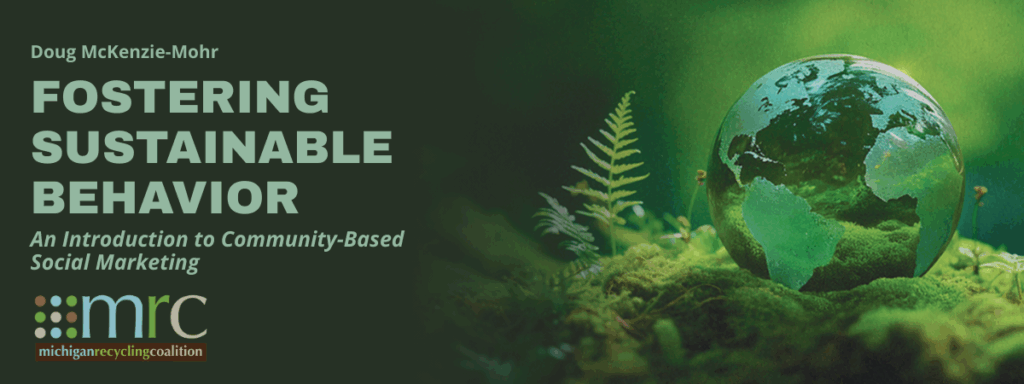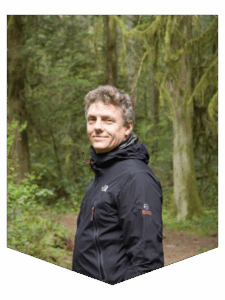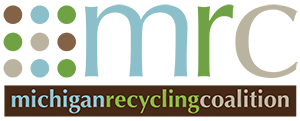
Join us for a dynamic, research-based training that will introduce you to community-based social marketing—a proven approach that’s transforming how environmental information and education programs are designed and delivered around the world. Whether you're just getting started or looking to enhance existing outreach and educational initiatives, you'll discover how applying behavioral science insights can significantly boost the impact and effectiveness of your recycling outreach efforts. Don't miss this opportunity to gain practical tools, fresh perspectives, and strategies that work for your community.
In this training, attendees will learn the fundamentals of community-based social marketing and how they can be applied in any community to reduce contamination, combat myths, and increase participation in recycling and composting programs of all kinds. Supporting a strong, science-based framework for delivering meaningful messaging and information, is at the heart of recycling education and outreach, generating successful participation in all kinds of programs. Learning how to create and deliver effective messaging about specific issues will help you solve for the barriers and create opportunities in your community that will us from simple education to meaningful and lasting behavior change that supports your program.
The training will consist of three, four-hour sessions spread over three consecutive days and provide you with the information and tools you need to create impactful messaging to change behavior in your community. This virtual workshop is being held at a convenient time for attendees from across Michigan. Attendees will receive a certificate that they have completed community-based social marketing training.
When
Virtual
Where
June 9th- 11th
9:30 am - 1:45 pm
How
Special Speaker

Doug McKenzie-Mohr
For over four decades, Dr. McKenzie-Mohr has been working to incorporate scientific knowledge on behavior change into the design and delivery of community programs. He is the founder of community-based social marketing approach and the author/co-author of three books on the topic. One of these books has been recommended by Time Magazine and has become requisite reading for those who deliver programs to protect the environment. His work has been featured in the New York Times, and he is the recipient of the American Psychological Association’s inaugural award for innovation in environmental psychology and the World Social Marketing Conference’s inaugural award for contributions to the field of social marketing.

